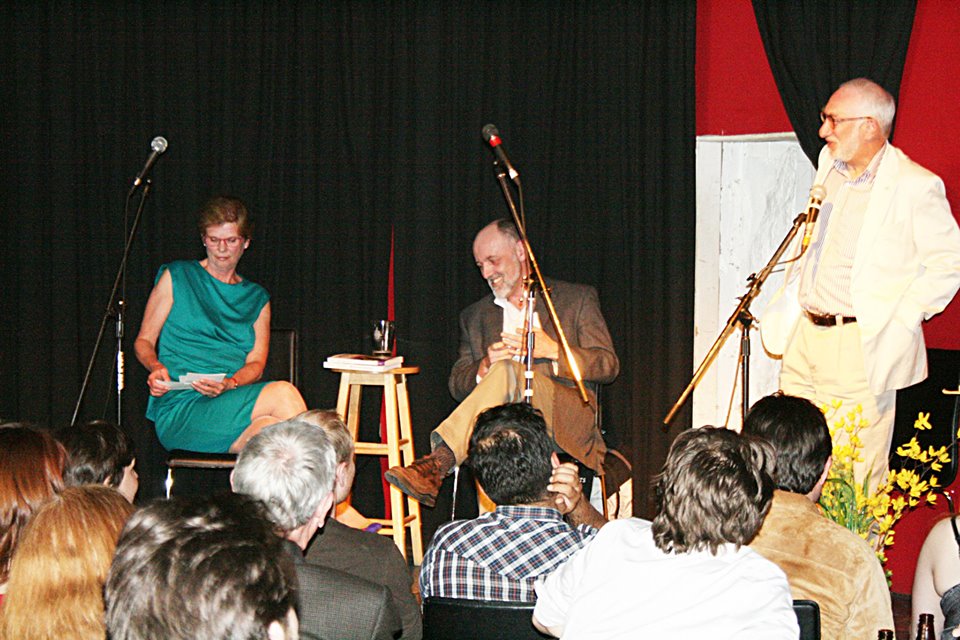This week we share the recording from a discussion with two former members of the NDP caucus, who have written books on their experience in Atlantic Canada’s first NDP government.
Listen to part II of this discussion.
Did you enjoy this episode? Rate this podcast in Apple Podcasts. It really helps support the podcast.
Subscribe to the Off Script podcast in your favourite podcast listening app:
Apple Podcasts | Overcast | Pocket Casts | Stitcher Radio | PlayerFM | Castbox | BeyondPod | Podbean





